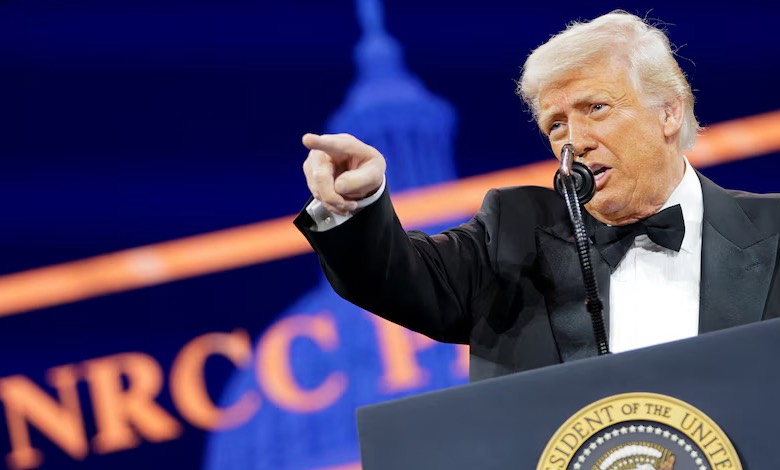Trump Targets Harvard with Funding Freeze and Tax Threat

The Trump administration has escalated its conflict with Harvard University, freezing over $2 billion in federal grants and threatening to revoke the institution’s tax-exempt status. The move follows Harvard’s refusal to comply with a series of demands from the White House, which the university deemed an overreach into its autonomy.
On Monday, federal officials announced the suspension of $2.2 billion in multiyear grants and a $60 million contract, a decision prompted by Harvard’s rejection of the administration’s conditions. These conditions included auditing the ideological perspectives of students and faculty, as well as implementing changes to admissions and hiring practices. Harvard’s leadership, led by President Alan Garber, stated that the demands represented an attempt to impose governmental control over the university’s intellectual environment.
President Donald Trump intensified the dispute on Tuesday, taking to Truth Social to call for Harvard to lose its nonprofit tax-exempt status, arguing that the university should be treated as a political entity for failing to meet his administration’s requirements. The White House, through Press Secretary Karoline Leavitt, emphasized that the funding freeze aims to address antisemitism on campus and push for reforms, such as eliminating diversity, equity, and inclusion (DEI) programs and adopting merit-based hiring.
Harvard, with an endowment exceeding $50 billion, firmly rejected the administration’s terms, asserting that it would not compromise its independence or constitutional rights. The university’s defiance has drawn support from figures like former President Barack Obama, who praised Harvard’s stand against what he described as governmental overreach. Yale University faculty also voiced solidarity, urging their institution to resist similar demands.
The clash has sparked broader concerns about the Trump administration’s approach to higher education, with critics arguing that the funding cuts are politically motivated. Meanwhile, Columbia University, another Ivy League school, has opted for negotiations with the administration to restore its federal funding, a contrast to Harvard’s hardline stance.
The Internal Revenue Service, tasked with enforcing tax laws, will determine whether Harvard’s tax-exempt status is at risk, a process that typically involves scrutiny of political or lobbying activities. As the standoff continues, the dispute underscores tensions between the Trump administration and elite academic institutions, with potential implications for federal funding and university governance nationwide.
